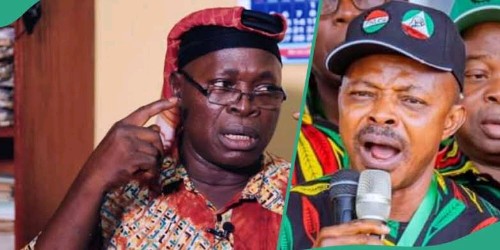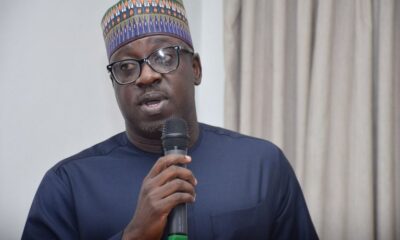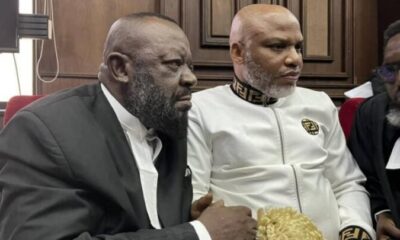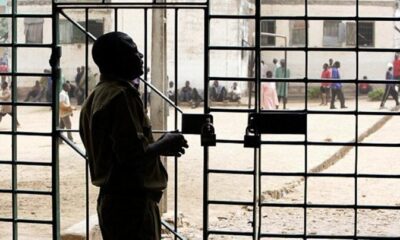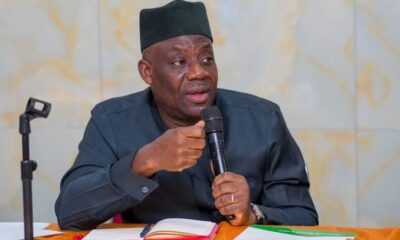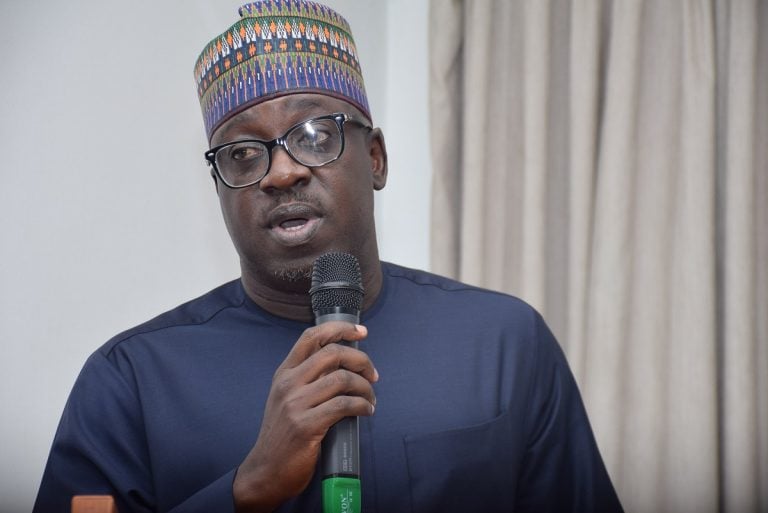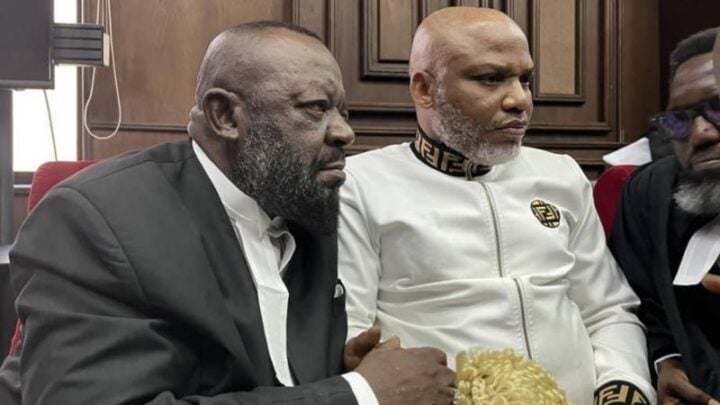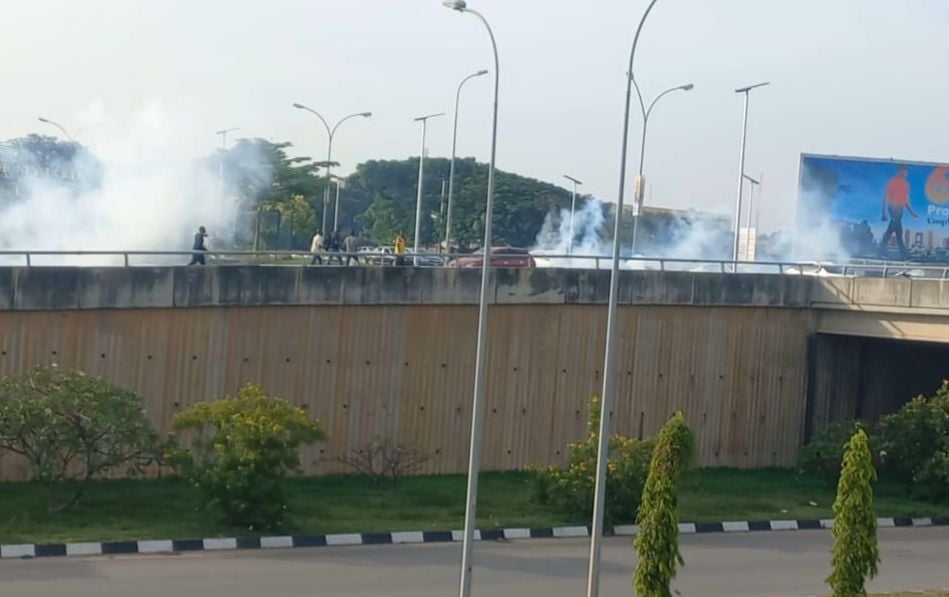The Muslim Rights Concern (MURIC) has told the organized labour not to think of resuming its strike, which it relaxed on Tuesday.
The Islamic rights organisation said this in a statement by its Executive Director, Prof. Ishaq Akintola, on Wednesday.
Akintola said: “The Nigerian Labour Congress (NLC) suspended its strike yesterday for one week only. The union vowed to review the situation in a week’s time.
“A quick calculation shows that NLC’s one week moratorium falls due on Tuesday, 11th June, 2024. That is approximately on the eve of this year’s Id al-kabiir (Salah).
“It has been widely reported that Arafat day is Saturday, 15th June while Salah per se is 16th. Monday 17th and Tuesday 18th June are likely to be declared holidays by the Federal Government.
“It will be meaningless to declare holidays during a general strike.
“Of course the final decision concerning the exact date of Salah rests with Nigeria’s umbrella Islamic organization under the able leadership of the Sultan of Sokoto and President General of the Nigerian Supreme Council for Islamic Affairs (NSCIA).
“Muslims take Salah very serious and by tradition, the whole week before Salah day proper is usually set aside for preparations by Muslim families.
“Kicking off another strike on the eve of Salah will definitely be seen as an act of hostility towards Muslims. It is probably not in the best interest of NLC to incur the wrath of Nigerian Muslims while claiming to embark on industrial action to advance the people’s welfare.
“Muslims form a clear majority of Nigeria’s estimated 220 million people.
“Those who doubted and contested this projection have learned the hard way.
“Therefore, if it is true that NLC will need the goodwill of the people to make its strike succeed, it will be unwise to attack the sensibility of Muslims by embarking on an anti-Muslim strike.
“We affirm clearly, categorically and emphatically that another strike on the eve of Salah will be an anti-Muslim strike. Muslims are duty-bound to break it.
“Apart from being treasonable, switching off the national grid is an act of sadism.
“It is only those who enjoy inflicting pains on people who do such things.
“Only Allah knows how many babies died in their incubators while that wicked act lasted.
“The emergency wards in hospitals are still counting their dead.
“Women in serious labour could not access their hospitals.
“Some bled to death.
“Is NLC proud?
“To switch off the national grid again next week will mean condemning the Muslim festival to a feast without electricity, without water, without charm.
“We reject a feast of blackness, tears and deaths.
“We therefore warn NLC not to embark on a wild goose chase.
“We advise that any strike to be declared should be after Salah.
“NLC should stop pretending that there are no Muslims in Nigeria.
“Those who tried it in the past have had themselves to blame.
“Nobody will rubbish our faith and get away with it.
“If you dare Nigerian Muslims, even your union will disown you at the end of the day and Nigerians will eventually reject you.
“We warn NLC that Nigerian Muslims will not forget those who messed up their festival and brought despair to them when they should be feasting.
“We are not unaware of NLC’s nocturnal romance with a particular political party whose presidential candidate is now junketing from one mosque to another.
“We will be surprised if this presidential candidate fails to know when to call NLC to order.
“By the way, the attitude of NLC towards Muslims has already indicated that any government headed by an NLC favourite will be an open enemy of Nigerian Muslims.
“MURIC is not fighting NLC but the labour union should steer clear of Islamic landmarks.
“We are prepared to work with NLC and other groups in the interest of Nigeria but the red line which should not be crossed is our religion.
“We will not compromise Islam even for all the gold in the world.
“NLC should therefore note that its one week moratorium is too close for comfort.
“Two weeks looks more like it.
“That deadline will likely fall on Tuesday, 11th June.
“That is when Muslims will be at the peak of preparations for the Salah which, ceteris paribus, will come up on Sunday, 16th June.
“NLC should be inclusive and considerate.
“They should realise that there are Muslims in this country and those Muslims have the right to celebrate their Salah in peace, not in pieces.
“Our families should be allowed to come together during Salah.
“With a strike like this in Salah, NLC will scatter Muslim families like wild oats.
“We refuse to celebrate Salah like slaves in our land.
“We refuse to be oppressed.
“One week deadline?
“It had better not be.
“Should NLC insist on resuming the strike during Salah, MURIC will mobilise Muslims in all parts of the country against the strike.
“We will break it.
“We will break it because we know NLC dare not pursue a strike campaign during Christmas.
“The Muslims whom NLC has elected to ignore and has loved to hate will be its albatross.
“Julius Caesar was also warned to ‘beware the Ides of March’.
“But if NLC respects our Salah and does not resume its strike while it lasted, the union will receive our blessing.
“As we draw the curtain, our message to Nigerian Muslims is this, ‘Salah is just a few days away and we know you are already preparing for it.
“It is your Allah-given fundamental human right to enjoy the Salah days.
“We call on all Muslims North and South of Nigeria to disobey any instruction from any union that may disrupt his or her Salah.
“We wish you Barka de Salah in advance.”
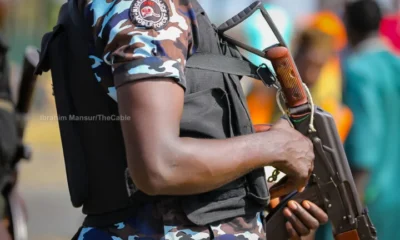
 BIG STORY3 days ago
BIG STORY3 days ago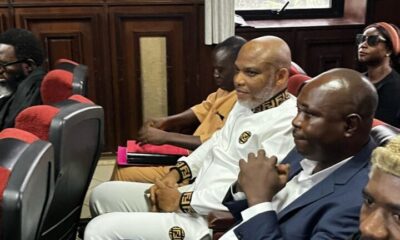
 BIG STORY4 days ago
BIG STORY4 days ago
 BIG STORY5 days ago
BIG STORY5 days ago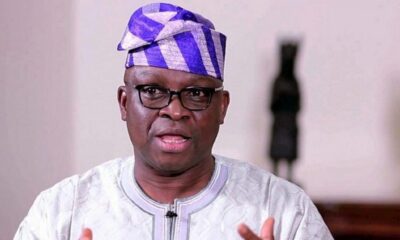
 BIG STORY5 days ago
BIG STORY5 days ago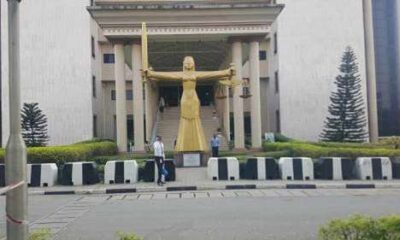
 BIG STORY3 days ago
BIG STORY3 days ago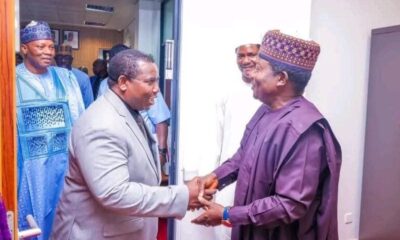
 BIG STORY4 days ago
BIG STORY4 days ago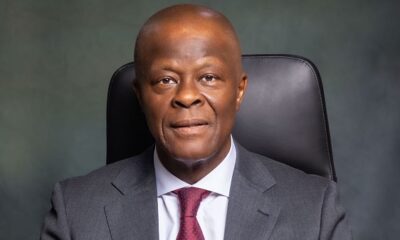
 BIG STORY1 day ago
BIG STORY1 day ago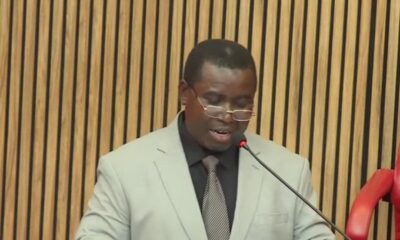
 BIG STORY4 days ago
BIG STORY4 days ago




